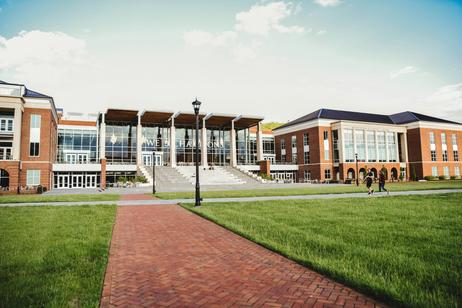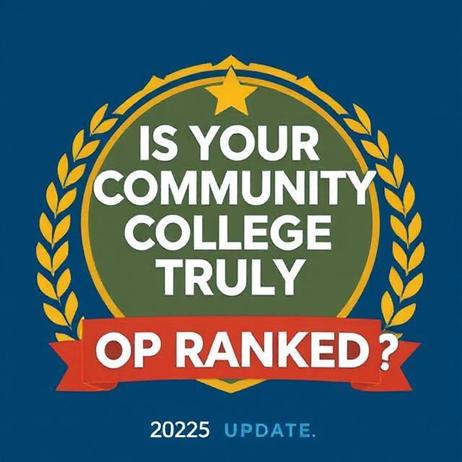Introduction
For many families, the decision to attend a community college represents a key opportunity—the chance for a first-generation student (i.e. one whose parent(s) did not complete college) to access higher education without overwhelming financial burden or geographic relocation. As a parent or guardian, you play a crucial role in helping your child navigate this transition. This guide provides practical advice, insights, and strategies (updated for 2025) to support your family’s journey.
Throughout, the phrase first-generation student refers to those whose parent(s) or guardians did not complete a four-year degree (though definitions may vary). PMC
Why Community College Makes Sense for First-Generation Students
Community colleges offer several advantages that can ease the path for first-generation students:
Affordability & Accessibility: These institutions generally cost far less per credit hour than four-year universities. First-generation students are more likely to enroll at public and community colleges for this reason.
Proximity to Home / Flexibility: Many community colleges are local or within commuting distance, reducing housing costs and preserving family support systems.
Smaller Class Sizes & Remedial Support: Many students benefit from more personalized attention, developmental math or English courses, and support labs.
Transfer Pathways: Many community colleges partner with local universities to allow smooth transfer of credits toward a bachelor’s degree (often through “2+2” programs).






















